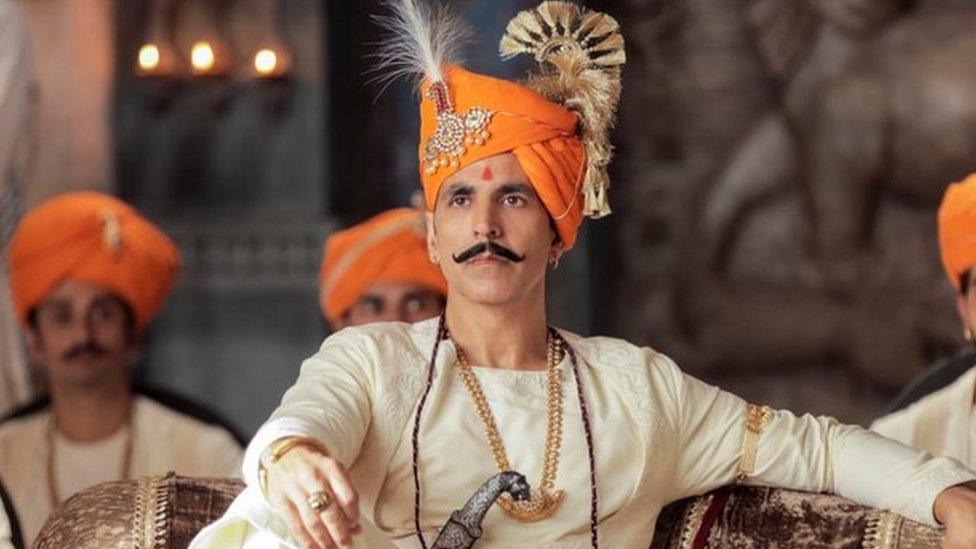Vikram Vedha, Drishyam 2: Is Bollywood's reign of remakes coming to an end?
- Published
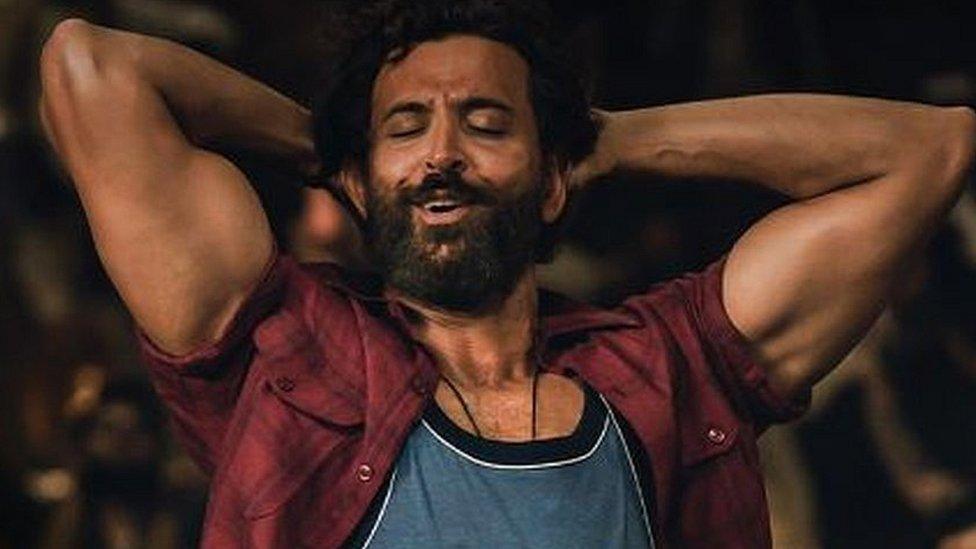
Hritihik Roshan-starrer Vikram Vedha is a remake of a 2017 Tamil film
Bollywood, which makes Hindi films, has often turned to other movie industries across India - especially from the southern states - to remake their biggest hits. But how will the rise of streaming services and the emergence of "pan-Indian" blockbusters affect this?
The latest Bollywood remake of a southern hit - Vikram Vedha, helmed by the directors of the Tamil-language original - released in theatres in September to good reviews. It's also among just a handful of Bollywood films that have earned more than one billion rupees ($12.1m; £10.7m) worldwide this year (though reports say the movie is still struggling to reach that figure in India).
But around Vikram Vedha's release, some corners of the internet also began furiously debating, external Bollywood's seeming inability to come up with fresh ideas - and its over-reliance on the south for scripts.
The trend of dusting off, recasting and replicating successful films for newer audiences is common in movie industries across the world. Four of the 10 best picture nominees at the Oscars this year were remakes or reboots of earlier films - the eventual winner, Coda, was adapted from a 2014 French film.
Bollywood loves remakes too. Between 2000 and 2019, one in every three successful films was either a remake, part of a series, or both, an analysis by Mint newspaper, external shows. And most big Bollywood heroes, from Salman Khan to Akshay Kumar, have starred in hit remakes of southern films.
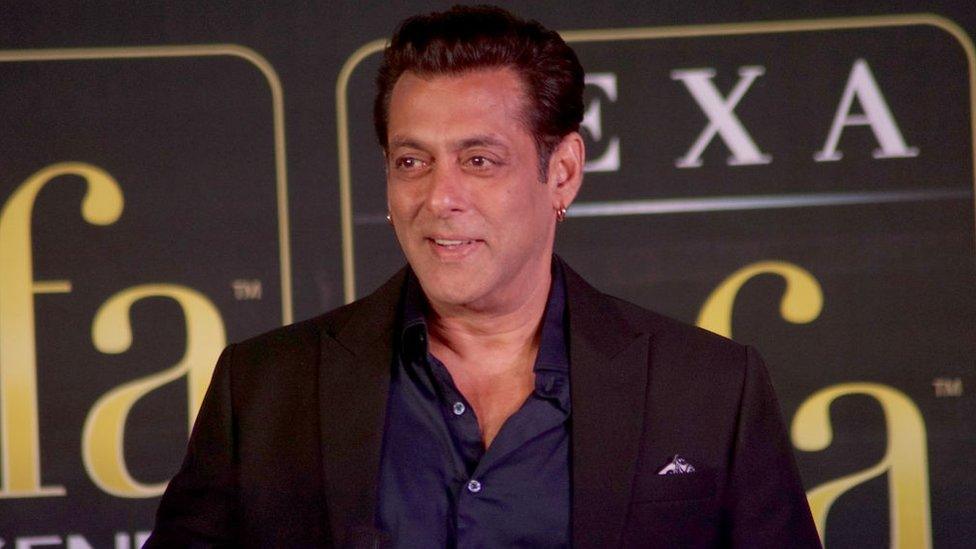
Bollywood superstar Salman Khan has acted in several remakes of southern hits
But as the industry goes through a slump post the pandemic, industry watchers say the clock may be ticking for the remake trend. The pandemic saw a jump in subscriptions to streaming platforms such as Netflix and Amazon Prime Video, which threw open a world of non-Hindi films for those willing to explore content from other languages.
"South Indian films are available on so many platforms that Bollywood remakes are no longer relevant," says Komal Nahta, a trade analyst.
Many southern filmmakers are also widening their ambitions and targeting a larger audience with nationwide promotions, external and the simultaneous release of Hindi-dubbed versions in theatres (Hindi is by far the most widely spoken language in India).
The two biggest hits so far this year - K.G.F: Chapter 2 and RRR - were made originally in Kannada and Telugu, respectively, but their dubbed versions did good business in northern India.
Streaming services have also begun to pay more attention to subtitling and dubbing in other languages. A Hindi-language version of RRR, released on Netflix in May, was among the service's most-watched titles for weeks.
"So in the age of films where all dubbed versions are released simultaneously with the original, there's no question of remakes because everything is original," Mr Nahta says.
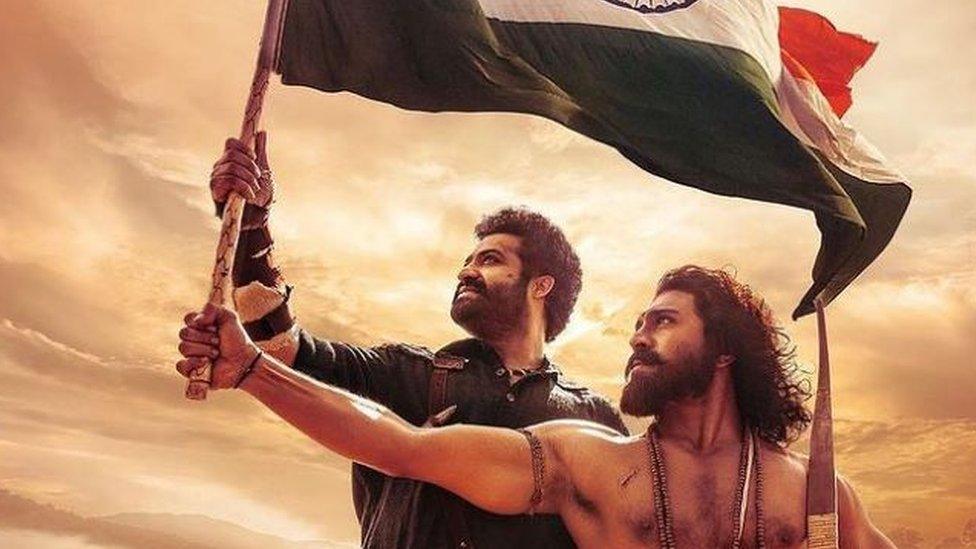
Telugu movie RRR was a blockbuster hit across India
Experts also say that while Bollywood seems to be struggling to find what works now, southern industries are bursting with fresh ideas and young talent.
The big hits are usually exhilarating tales of swaggering heroes who take on larger-than-life missions. The stories also have an overt element of exaggeration - blending myth with comedy, romantic interludes and lots of action - that can be replicated in other settings, especially Bollywood.
But there are plenty of other options too for viewers jaded with Bollywood - from youthful Kannada college romance Kirik Party to hyperlocal Malayalam superhero film Minnal Murali.
Mr Nahta says that Bollywood filmmakers also turn to southern movies for practical reasons, not just creative ones.
"Filmmakers are worried about experimenting with completely new ideas because making films is an expensive affair," he says.
With a durable script in their vault, directors hope to cash in on films that are hits in their original languages by remaking them for a large Hindi-speaking audience.
"Nothing can be guaranteed, of course, but because it's a tried-and-tested formula, filmmakers feel it would work in Hindi as well," Mr Nahta says.
But that formula seems a little fickle now.
This year alone, at least two Bollywood remakes of southern films - Jersey and Bachchan Pandey - failed at the box office. Two others - Good Luck Jerry and Cuttputlli - which released straight on streaming services received average and bad reviews, respectively.
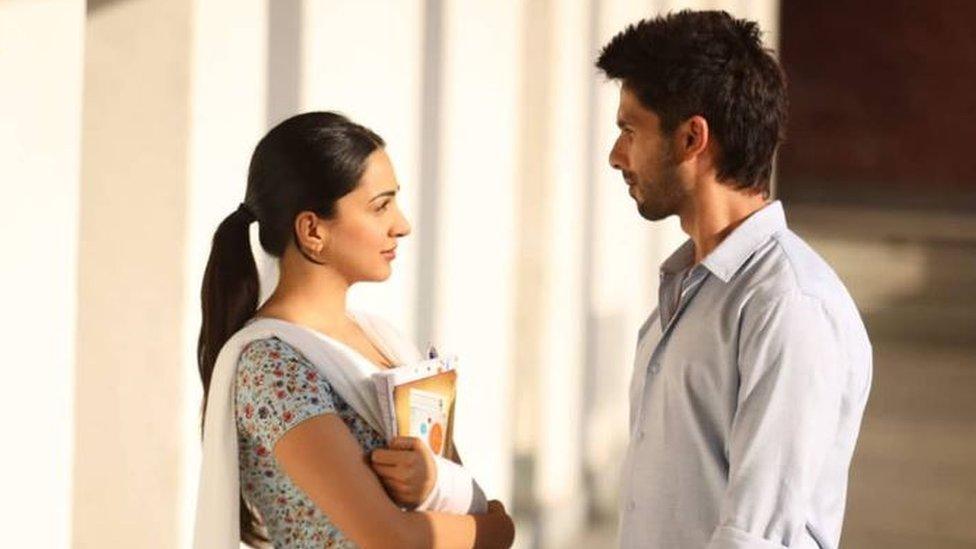
Some of the biggest Bollywood hits like Kabir Singh are remakes
Film critic Baradwaj Rangan says that until a few years ago, making or watching a remake was an exciting prospect because it offered a window to films in other languages.
But going forward, he says, hardly anyone is going to consciously remake a film unless they have a "genuine reason to reinvent something".
Even with Vikram Vedha, many had already watched the original on YouTube and streaming channels, he says.
The Hindi version is very similar to the Tamil original, but the new version makes some interesting choices, including the choice of stars Hrithik Roshan and Saif Ali Khan to play the titular characters.
"But for someone watching the film for its story, it's all the same," Mr Rangan points out. "So why will people spend money on something they have already seen?"
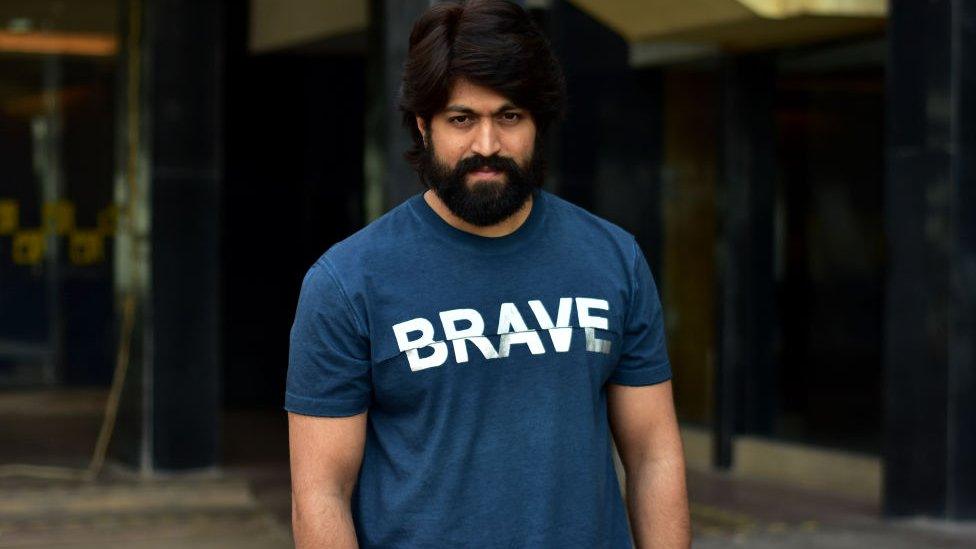
Kannada actor Yash has fans across the country
The popularity of south Indian films beyond their region also indicates that Hindi-speaking audiences have become more receptive to southern stars. Kannada star Yash, Telugu hero Allu Arjun and others are recognisable faces outside their home states now.
Film critic Anupama Chopra, however, feels that some of these concerns are premature and that Bollywood's audiences still love a blockbuster remake.
The problem is not remaking per se, she says - it is what the filmmaker does with the original film.
"Directors need to bring their interpretation and reinvent the material - it should not be a copy-paste job," she says.
Bollywood still has plenty of chances to get that right - a bunch of southern remakes are in the works, including one of Soorarai Pottru, a Tamil hit that's currently streaming on Amazon Prime Video. Drishyam 2, the remake of a twisty Malayalam thriller, is set to release in November.
"It's not that OTT reach is so massive that it will impact the penetration of a film," Ms Chopra says.
"If a film is remade well there would still be takers. It's just that most of them aren't."

Read more India stories from the BBC:

- Published6 August 2022
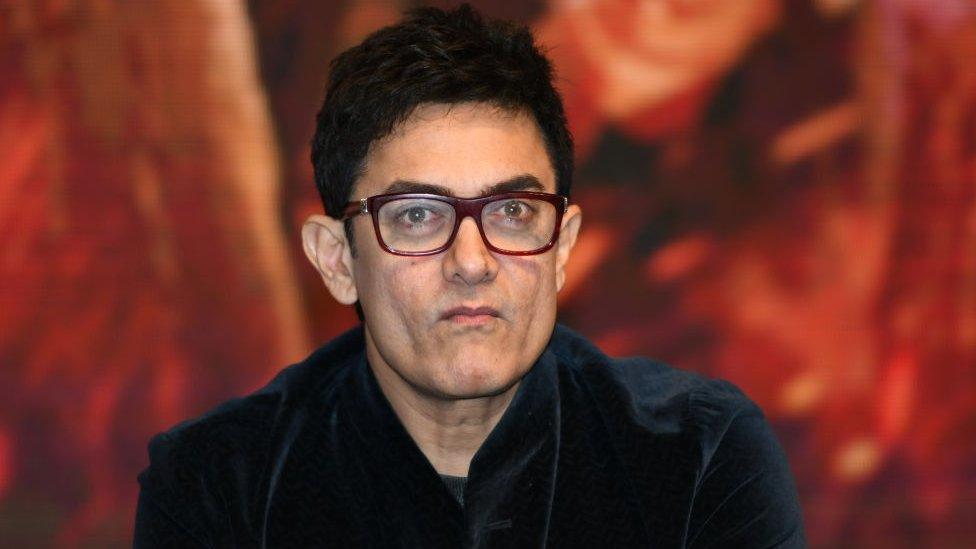
- Published9 June 2022
